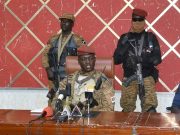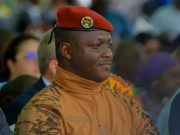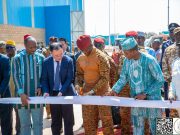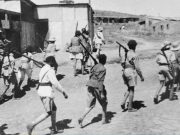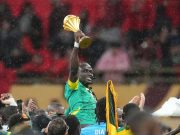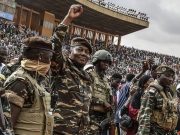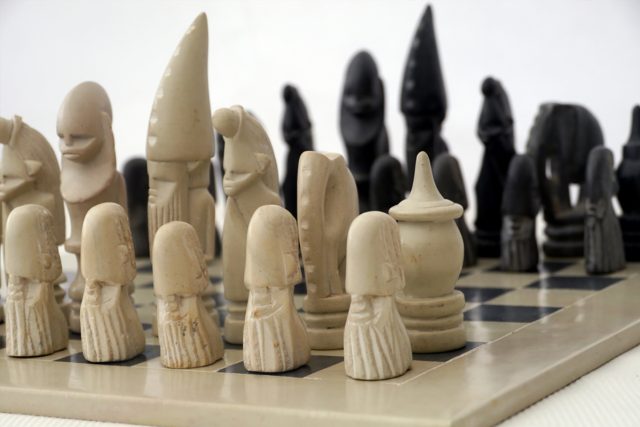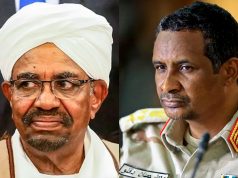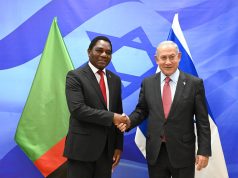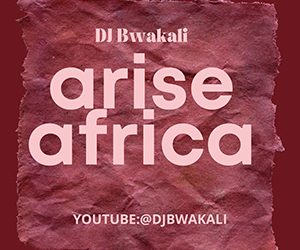I grew up watching the board, not just the pieces. In Africa, we were often told to celebrate when one of our pawns reached the eighth rank and became a queen. Yet in the real game that shaped our continent, we were too often trapped in the opening, sacrificed for someone else’s checkmate. Today I want to talk about how Africa stops being a pawn and becomes the grandmaster who chooses the opening, sets the tempo, and executes the endgame.
A pawn is underestimated until it is mobilized. It controls a small square, then another, and then it unlocks files and lanes for others. If caught drifting, it is traded without ceremony. During the Cold War, Africa’s countries were treated as expendable units in a match between Washington and Moscow. Superpower logic demanded clients, not partners. Our leaders were courted or crushed depending on whether they advanced an external plan. We know the catalogue of proxy theaters: Angola became a battleground of Cuban, Soviet, South African, and American power; the Horn of Africa saw alliances flip overnight, with Ethiopia and Somalia paying in blood for strategy that was hatched elsewhere. Congo, so central to Africa’s geology and geography, was not allowed to become central to its own destiny. This was not accidental. In chess, the center is contested because whoever owns it shapes the game. Africa’s center was contested because whoever shaped it could influence the world.
Patrice Emery Lumumba saw the board clearly. In 1960, as the first Prime Minister of a newly independent Congo, he tried to claim the initiative. He believed sovereignty meant control of security, mineral wealth, and foreign policy. He wanted Congo to be a player with its own lines, not a square to be occupied. His independence day speech cut through the polite theater of decolonization. He named the violence of colonial rule and announced that Congolese dignity would no longer be subcontracted.
The response was immediate. Belgium moved to protect its interests. The copper and uranium of Katanga were not just economic prizes, they were strategic assets. Katanga’s secession under Moïse Tshombe tore the board in half. The United Nations deployed, but its mandate and actions were shaped by competing superpower pressures. Within Congo, Cold War currents swirled around Joseph-Désiré Mobutu, who positioned himself as the guarantor of order against a prime minister labeled a radical.
What happened next is one of the clearest case studies of a leader who tried to play grandmaster and was treated like a pawn to be removed. Lumumba was dismissed, arrested, transferred to Katanga, and murdered on January 17, 1961. Belgian actors were directly involved; a later Belgian parliamentary inquiry acknowledged the state’s moral responsibility and the government issued an apology. American agencies had explored plans to eliminate him and backed his rivals, even as the precise mechanics of his killing were carried out by Congolese and Belgian collaborators. The point is not to relitigate every detail. The point is to understand the structure. Lumumba sought to centralize Congolese sovereignty. The Cold War board could not tolerate his autonomous moves. He was captured, not because he lacked vision, but because he lacked a shield and a coalition to convert vision into position.
If Africa remains a set of isolated pawns, we will be picked off by knights we do not see and bishops we cannot block. If we connect, coordinate, and compound our moves, we force others to respond to us. Becoming grandmaster starts with understanding the openings, building midgame power, and designing the endgame before the first move. This means a disciplined non-alignment that is not performative but strategic, where every partnership is tied to transparent scorecards of costs and benefits. It means controlling the center through the African Continental Free Trade Area, enforcing common external tariffs, harmonizing regulations, and negotiating as blocs rather than as fragmented states. It means locking value inside Africa by moving three steps up the value chain in minerals—concentrating, refining, and assembling—so that our copper, cobalt, and lithium no longer leave raw, only to return as expensive products.
Financial sovereignty is another pillar of becoming grandmaster. Africa needs commodity exchanges that set benchmarks, cross-border instant payment systems that remove dollar bottlenecks, and pension funds that invest in African infrastructure rather than foreign bonds. Security must also be recast into an architecture that deters coups and mercenary capture, with regional forces resourced and empowered to respond to unconstitutional changes of government. In the same breath, digital sovereignty must be protected, since Africa’s data is the oil of the 21st century. Critical data must be hosted under African laws, while AI and digital platforms must be audited for bias and adapted to African languages.
Equally important is narrative power. Lumumba understood the strength of speech, and today the battlefield of narratives is even sharper. Pan-African media cooperatives, film funds, and diaspora voices must project Africa’s own story. Without that, every crisis will be told through foreign eyes and every solution will arrive packaged with hidden strings. Clean governance must also be treated as a competitive strategy, because corruption is the move your opponent hopes you make. Transparent contracts, empowered auditors, and accountability mechanisms shrink rents and increase coherence, attracting investors who build rather than strip. Human capital, too, is non-negotiable. From childhood nutrition to STEM and vocational excellence, we must turn Africa’s young population into the most mobile and prepared workforce on earth. And in climate negotiations, Africa must stop begging and start bargaining by presenting green corridors, energy interconnectors, and carbon projects as coherent packages with binding contracts.
This is not abstract. It translates directly into moves on the board: reliable power and logistics corridors as the first step; professional qualifications and digital IDs as the killer apps for AfCFTA; minerals contracts tied to stepwise industrialization; democracy defended by regional guarantees; and diaspora finance coordinated into real leverage. If Congo in 1960 had possessed such institutions, Lumumba’s fate may have been different. His tragedy was not his boldness but his isolation.
Grandmasters do not hope for blunders. They construct inevitabilities. For Africa, inevitability must mean that we price what we sell, pay ourselves for what we trade, protect our constitutional orders, educate our people to produce knowledge and things, integrate our markets to complement rather than cannibalize, and narrate our own story with authority. The pawn that advances with purpose can become more than a queen. It can become the player. The bishop is our moral authority. The knight is our ingenuity. The rook is our institutional solidity. The king is our sovereignty. The queen is our ability to combine moves quickly across the board. But ultimately, it is the human mind behind the pieces that wins.
I am done watching others move us. My generation must practice openings that make exploitation expensive, middlegames that make interference irrelevant, and endgames that make self-determination irreversible. That is how Africa stops being a pawn. That is how Africa becomes the grandmaster.
